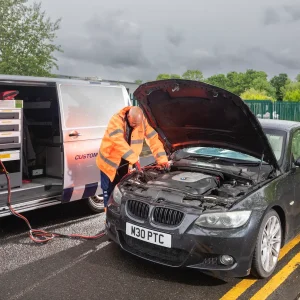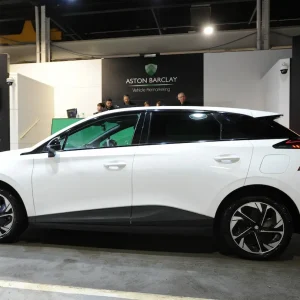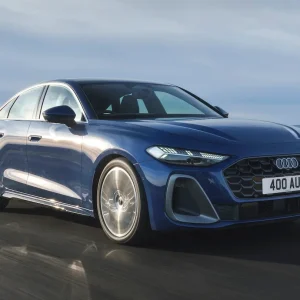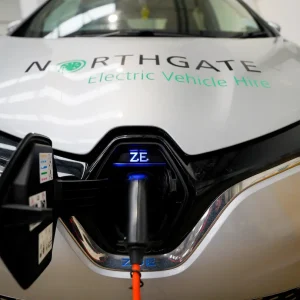Driving on motorways can be sleep-inducingly dull, especially when you add the hypnotic effect of miles of identical roads, pouring rain and windscreen wipers.
It’s tempting to set the cruise control to 70 and let the car get on with the rest – but that could have the same effect as hitting the snooze button.
If you focus on keeping your speed right, you’ll keep your concentration and be less likely to doze off.
At 70mph you travel 30 meters every second. You might not think you’ll fall asleep at the wheel, but you might not even realise you have.
Plan your journey so you include a break every two hours, and take the breaks whether or not you think they are necessary.
If you start feeling tired take a break; don’t worry about where you’re going to, it’s better late than never.
A cup of coffee is great for giving you a boost. It will be about 20 minutes before it has an effect, so have your drink and settle down for a nap. If you sleep for any longer than 20 minutes, your sleep will be deeper and harder to wake from.
If you’ve got a long journey, get a good night’s sleep the night before. If you decide to leave early to beat the rush, remember that the early hours are when you are most at risk of drifting off.
You’ll have another dip in energy after lunch too, especially if you have a heavy meal.
Carry a bottle of water to keep you hydrated on the journey, as well as snacks -especially if you’re travelling with kids. But make sure you’ve pulled over in a safe place to have your food or drink.
If you’ve got the time consider taking a different route to keep you alert. It might take longer but you’ll see more of the countryside, and may even miss major motorway delays.
Set your satnav to avoid motorways, but check that you know your route on a map too, in case the technology fails.
If there’s more than one driver in the car, share the driving. This is especially important over longer distances, and does mean you can make better progress as one of you can rest or map read, while the driver concentrates on the road.





